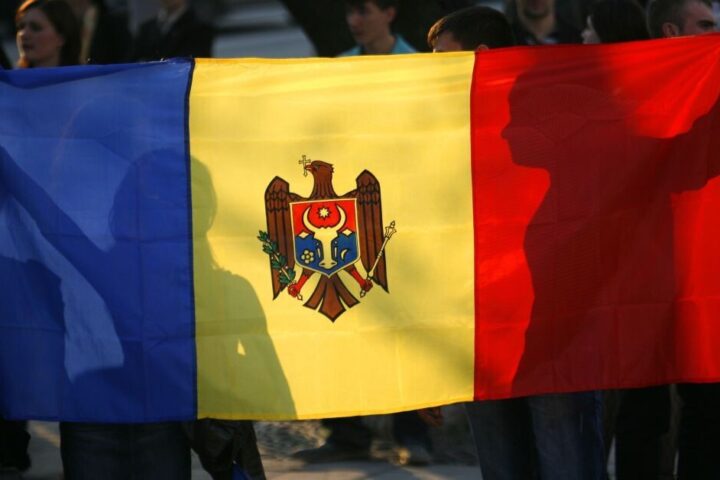On September 8, 2025, Czech counterintelligence chief Michal Koudelka told the Chamber of Deputies that security services in Prague, Bucharest and Budapest had jointly uncovered and dismantled a Belarusian espionage network operating inside the European Union. According to Koudelka, the network was created by the Belarusian KGB to build a wide pool of agents and collect intelligence across Europe. He stressed that Belarusian operatives had exploited free movement in the EU to expand their presence. Among those exposed was a former deputy of Moldova’s intelligence service, accused of passing classified material to Minsk.
Diplomatic fallout with Minsk
The Czech Foreign Ministry declared a Belarusian embassy employee persona non grata, accusing him of working for the KGB under diplomatic cover. “We will not tolerate the abuse of diplomatic immunity for intelligence activity,” the ministry said. Officials in Prague, Bucharest and Budapest acknowledged that the exposure of this network is likely to strain relations with Minsk, potentially leading to reduced diplomatic contacts, frozen bilateral projects or even the reciprocal withdrawal of ambassadors.
Broader European security concerns
Koudelka warned that Russia remains the principal adversary and biggest security threat to the Czech Republic, seeking to undermine public trust in state institutions, rule of law and the country’s international standing. He noted that Moscow has no interest in ending the war in Ukraine and pointed to deliberate Russian attacks on civilians as a sign of readiness to use similar methods elsewhere, including against Czechia. In a separate address, Koudelka had previously said that the world was “on the edge of global conflict,” citing Russian imperialism, espionage operations by Russia, China and Iran, as well as threats from disinformation, uncontrolled migration, Islamist terrorism, cyberattacks and the misuse of artificial intelligence. His earlier remarks on Russia’s efforts to weaken Czech institutions were also.
Implications for the EU and Belarus
European intelligence agencies are expected to step up counterintelligence activities, intensify checks on diplomatic missions and reconsider visa-free travel for Belarusian citizens. Analysts suggest the EU could respond with further sanctions or restrictions on Belarusian diplomats. Such incidents reinforce the image of Belarus as an aggressive actor using espionage as a foreign policy tool, potentially damaging its standing in the UN, OSCE and other international platforms. Western governments already view Belarus as Russia’s closest ally and satellite in its neo-imperial agenda.
Earlier espionage cases
This operation follows a March revelation by Czech counterintelligence that a Belarusian journalist, Natallia Sudliankova, had secretly worked for Russia’s GRU in Prague for years. Sudliankova, once associated with Radio Free Europe and Czech outlets Týden and Lidové noviny, was placed on the national sanctions list after investigators found she had been directed by GRU officer Aleksei Shavrov and paid tens of thousands of euros in cryptocurrency. The case was described by Czech officials as part of Russia’s hybrid war against democratic states.










